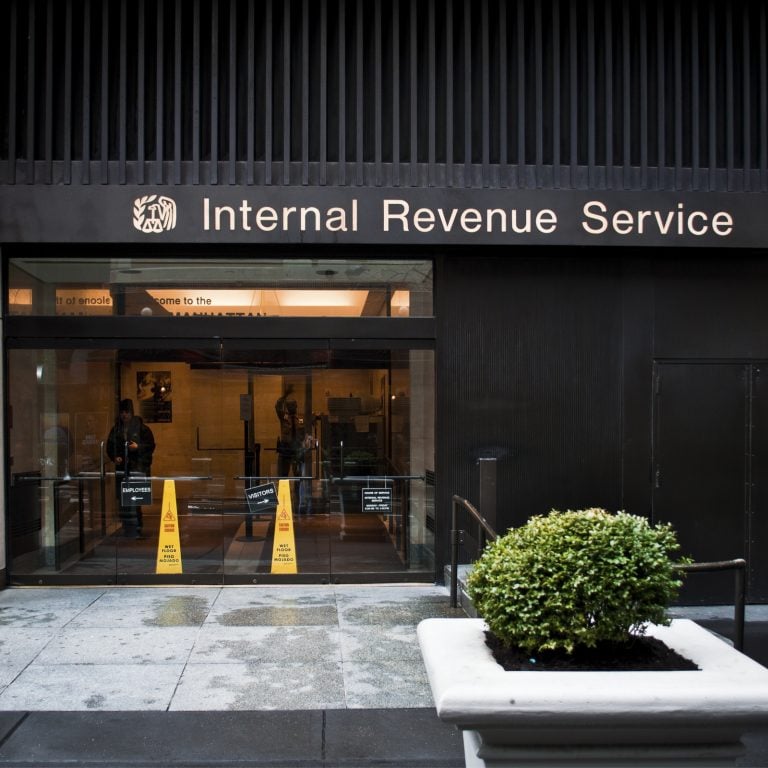2020-1-21 19:00 |
It’s a new year, and this means that last year’s calendar and tax year have come to a close, and it’s time once again to start tallying up your crypto holdings, gains, and losses, to figure out exactly what you need to report to the IRS in order to comply legally with your obligation as a taxpayer. However, a specific subset of United States taxpayers may not have to report any crypto gains in the future at all – if they fall within a certain category –according to a new tax law change proposed by the House of Representatives. New Crypto “Fairness Act” Bill Reaches House of Representatives It’s tax season once again. A time for stress, scrambling, and uncertainty that you’ve properly reported every penny earned or lost as accurately as humanly possible. Things are especially complicated for crypto investors and traders, who are stuck adhering to archaic tax laws designed for the sale or trade of property, and not currencies as cryptocurrencies like Bitcoin and XRP are designed to be used for. Related Reading | US Crypto Investors May Need To Consider Amending Past Tax Returns Making matters worse, some crypto investors may be deemed traders by the United States Internal Revenue Service, resulting in gains falling into the income category, and not capital gains tax like other property-based assets like real estate. However, according to a new bill proposed at the House of Representatives, some crypto investors may not have to report any gains at all in the future. According to bill H.R. 5635, designed to amend the IRS code of 1986, to exclude gross income gain from the “disposition of virtual currencies.” The act is being dubbed the “Virtual Currency Tax Fairness Act of 2020 and was put forth by House Representatives Suzan DelBene (D-WA), David Schweikert (R-AZ), Darren Soto (D-FL), and Tom Emmer (R-MN). Tax Time: Only Report Gains to IRS If Earnings Exceed $200 But before the crypto community can breathe a collective sigh of relief that reporting crypto gains just got a lot easier, the new bill proposed only requires crypto investors with gains of over $200 to report them to the IRS. Anyone with gains under $200 in a tax year, won’t have to report anything cryptocurrency related on their tax returns. While the act is dubbed the “tax fairness act,” only offering exemption to investors with under $200 in gains is really stretching the idea of “fair.” Unless a crypto investor bought the top of the crypto hype bubble, chances are they’ve seen some sort of gain over $200 at some point in their crypto investing career. The rare subset of crypto investors, the HODLers that only buy and never sell, stacking sats on top of sats, are the few and far between that can take advantage of this bill, and can forget about having to report any crypto-related earnings in the future – if the bill passes, that is. Related Reading | Overwhelming Majority of Bitcoin and Crypto Investors Refuse to Report Taxes Taxes are serious business and can result in penalties if not properly reported. Those confused about what to report on their taxes should consult a certified public account, tax advisor, or opt for a service like Bitcoin.tax in order to ensure no gains or losses are missed, and all taxes are properly reported to the IRS. Failure to do so can result in fines, or fail time, depending on the severity of the offense. The post appeared first on NewsBTC. origin »
Bitcoin price in Telegram @btc_price_every_hour
Emerald Crypto (EMD) на Currencies.ru
|
|


















